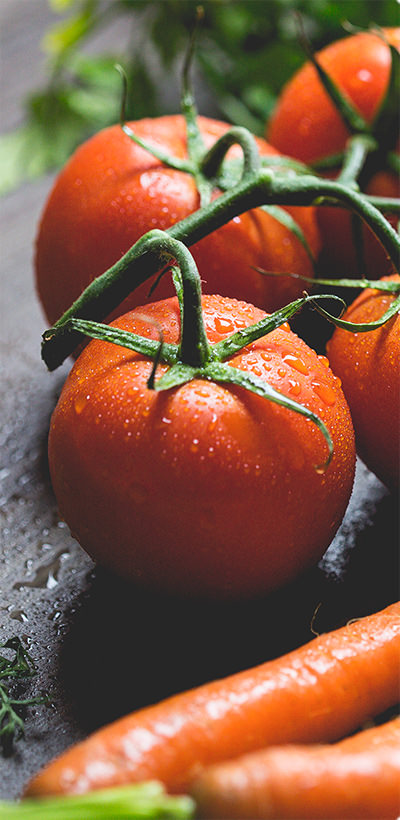Oneida Onion
Oneida is an early yellow uniform storage onion that combines excellent yields with intermediate storage potential. This new, early maturing variety has a thin neck, bright golden skin and vigorous tops. Oneida will produce a medium to large round onion. Maturity 100-110 days from transplant. Also available as treated and pelleted treated seed. Approx. 200 seeds/pkg.
Pelleted seed is coated with clay to make handling easier and reduces the amount of thinning required. To germinate, pelleted seed requires more moisture than regular seed so keep moist until coating has cracked.
Scroll down for more details and growing information.

Details
Growing Information
Planting:
Onion seeds started indoors 6-8 weeks ahead of transplanting will be earlier, larger and have a better shape than sets and direct seeded onions. Plant 3-4 seeds in a1 inch cell. Thin to 2 seedlings per cell. Seedlings can be trimmed to 3-4 inches in height to promote stockier transplants. Thin or transplant to 3-4 inches apart in rows 18-24 inches apart.
Direct Seeding:Plant seed as soon as the soil can be worked in the spring. Onion seed germinates in a wide range of soil temperature, 18-29 degrees C. Sow and cover seed with 1⁄2 inches of soil; keep moist.
Growing:
Onions benefit from full sun, soil pH of 6.0-7.5 and a well-drained soil with plenty of compost or well-rotted manure added. Feed with a complete balanced fertilizer during the growing season, particularly when the bulbs start to form.
Harvest:
Bunching onions are used when young and green. To harvest storage onions: when onion tops begin to fall over, turn brown and wither, it is time to harvest. Tipping bulbs over to break some of the roots will speed drying. Pull and place onions in dry, warm airy location out of direct sun for up to 3 weeks to cure. After curing process is complete, store in cool, dry location. The drier the onions, the better they store.
Pests & Diseases:
Storage rot may be the result of diseases encountered during the growing season. Onions should be cured before storing.
Companions:
Beet, cabbage family, carrot, kohlrabi, lettuce, parsnip, pepper, spinach, strawberry, tomato, turnip.



